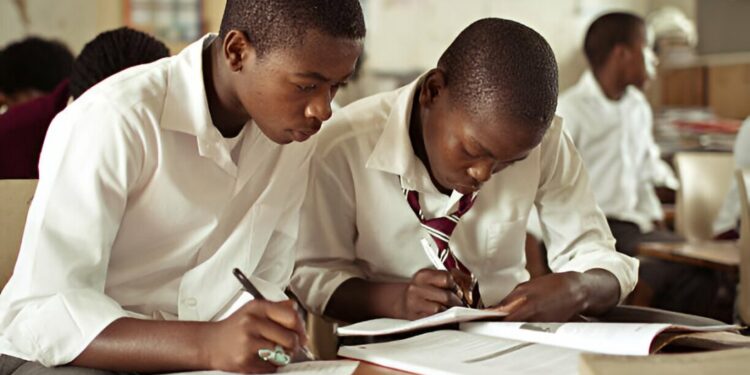
The federal government of Nigeria , through the National Institute for Educational Planning and Administration (NIEPA), has initiated a groundbreaking project aimed at teaching mathematics in the Yoruba language. This initiative seeks to revolutionize math education in Nigeria, particularly for early-grade students.
In a statement from NIEPA’s Media Officer, Bodunde Tenabe, it was announced that a pioneering two-day training session has been organized to facilitate this transition. The training featured prominent experts, including Dr. Kehinde Adenegan, Dr. Sulaymon Mohammad Raji, Dr. Tolu Omiyale, and Folajogun Akinkuowo, who conducted insightful sessions covering topics such as the translation of the primary 1-6 mathematics curriculum into Yoruba.
Dr. David Shofoyeke, the acting Director General of NIEPA, emphasized the significance of this initiative. He stated, “Early grade reading (EGR) and early grade mathematics (EGMA) have been in operation in the northern part of Nigeria, where Hausa is being used in schools. So, why can’t we embrace and sustain what we have in our own part of the world?”
The training also focused on the implementation of teaching mathematics in early grades, developing lesson plans for math content in Yoruba, and the importance of indigenous language in education. Discussions included the role of language in teaching, leadership instruction, and supporting teachers in early-grade mathematics.
Dr. Adenegan, who incorporates drama into his teaching methods, remarked, “It’s high time we leveraged our indigenous resources to enhance classroom instructions and make teaching-learning effective, with language choice being a crucial factor.”
The workshop aims to promote cultural relevance and sensitivity in mathematics education, enhancing students’ understanding of mathematical concepts within their cultural context. Additionally, it supports the development of bilingual education programs that integrate Yoruba language and culture, empowering educators to create inclusive and culturally responsive learning environments.
The statement concluded that as Nigeria strives to transform its educational landscape, NIEPA’s initiative sets the stage for a revolutionary shift in math education, empowering learners and preserving cultural identity.








